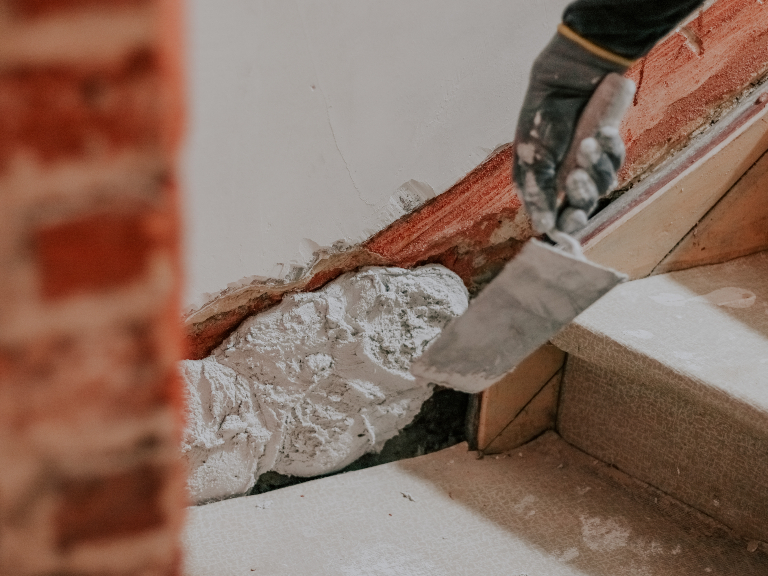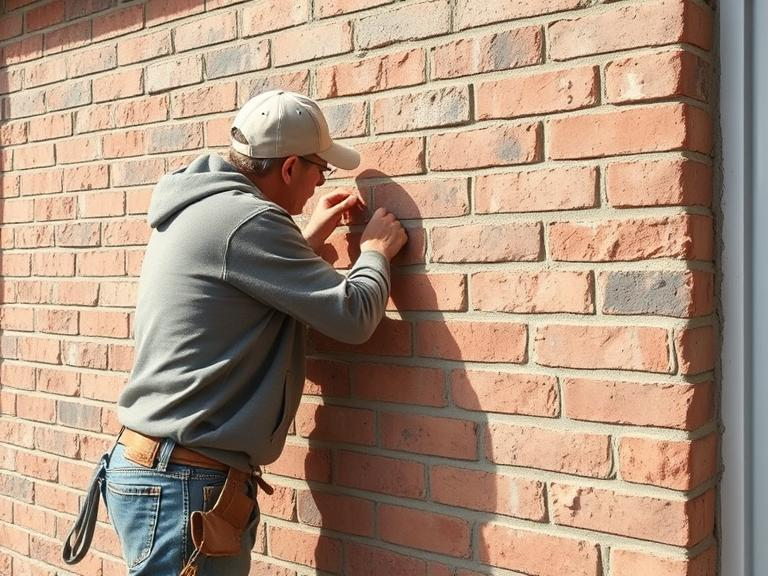Trusted Masonry Company in Boston MA for Expert Masonry Repair
Restoring Beauty and Strength to Your Property
Why Choose Our Masonry Repair Services?
As a trusted masonry company, we understand that damaged brick, stone, or concrete can compromise both safety and curb appeal. That’s why we offer tailored repair solutions designed to restore your masonry structures to their original glory.
Signs You Need Masonry Repairs
Wondering if it’s time to call in the professionals? Look out for these indicators:
- Cracked or crumbling bricks
- Loose or missing mortar
- Leaning or bowing walls
- Water infiltration or moisture damage
- Deteriorating chimney or fireplace
Addressing these issues early can prevent more extensive — and expensive — damage down the line.
GET FREE CONSULTATION
Our Comprehensive Masonry Repair Solutions
We provide a wide range of masonry services to meet your repair and restoration needs:
1. Brick and Stone Repair
We carefully restore cracked, chipped, or damaged bricks and stones to preserve structural integrity and visual appeal.
2. Tuckpointing & Repointing
Our expert tuckpointing services replace deteriorating mortar, strengthening your walls and extending their lifespan.
3. Chimney & Fireplace Repairs
From fixing cracked bricks to rebuilding deteriorated sections, we ensure your chimney and fireplace are safe and functional.
4. Concrete and Stucco Restoration
We repair cracks and surface damage in concrete and stucco, bringing back a smooth, polished finish.
Trust the Leading Masonry Contractors
At Patriots Paving & Masonry Inc., we take pride in delivering top-quality masonry repairs with unmatched attention to detail. Whether you’re dealing with weathered brickwork or crumbling stone, our skilled team is ready to restore your property’s strength and beauty.


Schedule Your Masonry Inspection Today!
Don’t let minor masonry issues turn into major headaches. Contact Patriots Paving & Masonry Inc., your go-to masonry company, for a free inspection and personalized repair estimate.
